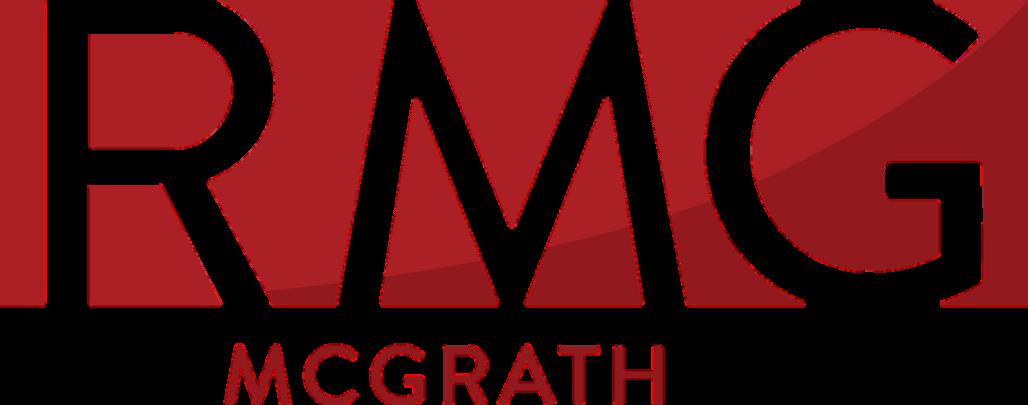The Strategic Management Society’s CK Prahalad Award For Scholarly Impact On Practice



In a delightful – and unexpected – turn of events, I traveled to London to receive the Strategic Management Society’s CK Prahalad
Award for scholarly impact on practice on September 17. These are responses I gave to some written questions which you can also find at their website.

The late Ned Bowman had a great way of talking about how ideas and practice intersect. He said theories could be used to describe, explain, predict and eventually control, phenomena as understanding progressed. His view colors how I think about the work that we do and how it has an impact. Good theories often start with rich, qualitative descriptions

Academic training teaches you to be structured in your thought process. Establishing boundary conditions, figuring out causal connections and being clear about the “why” are all skills that rigorous academic training brings to the table. There are also business model advantages. Most academics don’t work on a leverage model (in which more junior people are billed out to the client to do the legwork of a consulting study). That means we can engage in work that is more about solving wicked, newto-the-world kinds of problems than the more repetitive work that is the bread and butter of a leverage-oriented consultancy.

What is the added value that an academic scholar can bring to companies as a consultant, beyond what consulting companies bring?


To do this we have to go all the way through the four stages I’ve described above. Most management scholars are quite happy to do the description and explanation phases of theory development, leaving the prediction and control elements to the consultants and practitioners (who are unlikely to be incented to spark change in a model that works very well for them).
Management scholars are blessed with an extremely rare resource, which is time to think. At our best, we are reading, reflecting, understanding patterns and helping others benefit from what we have learned. Executives simply don’t have the luxury of time. Some, such as Bill Gates, take a “think week” to read and reflect deeply, but that is rare. More often, they are responding to emergencies or wrestling with operational challenges.
